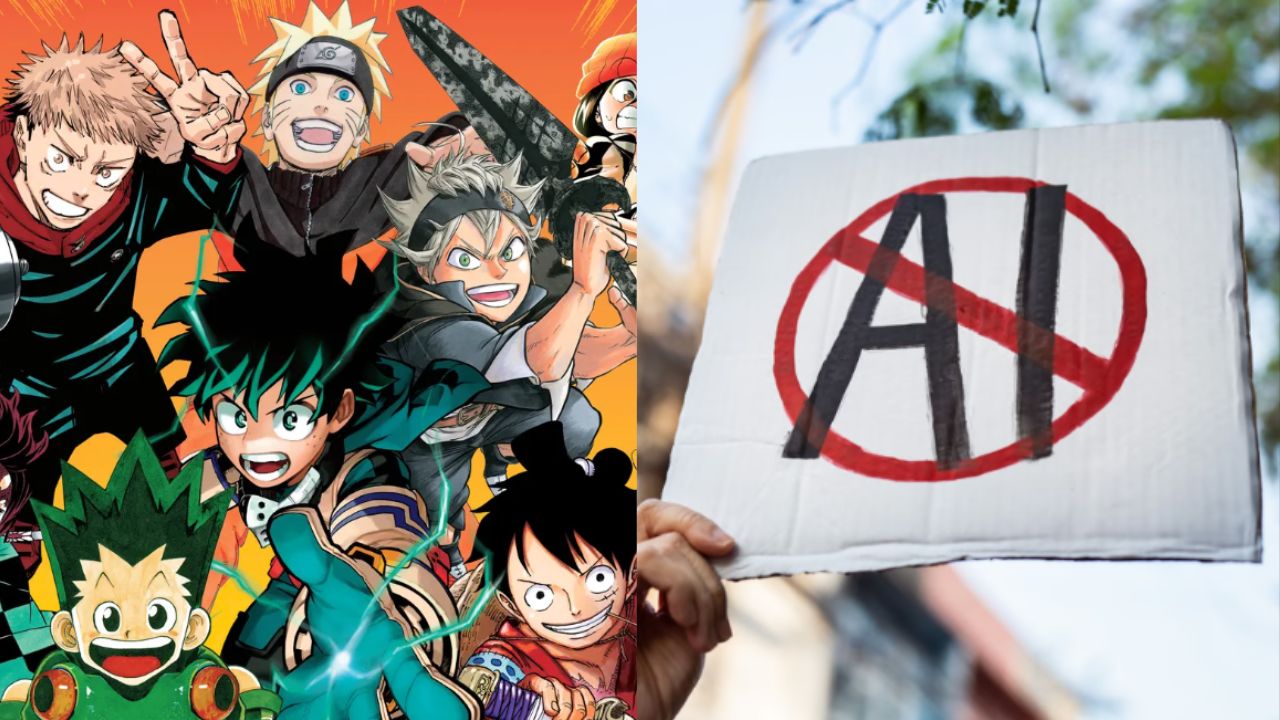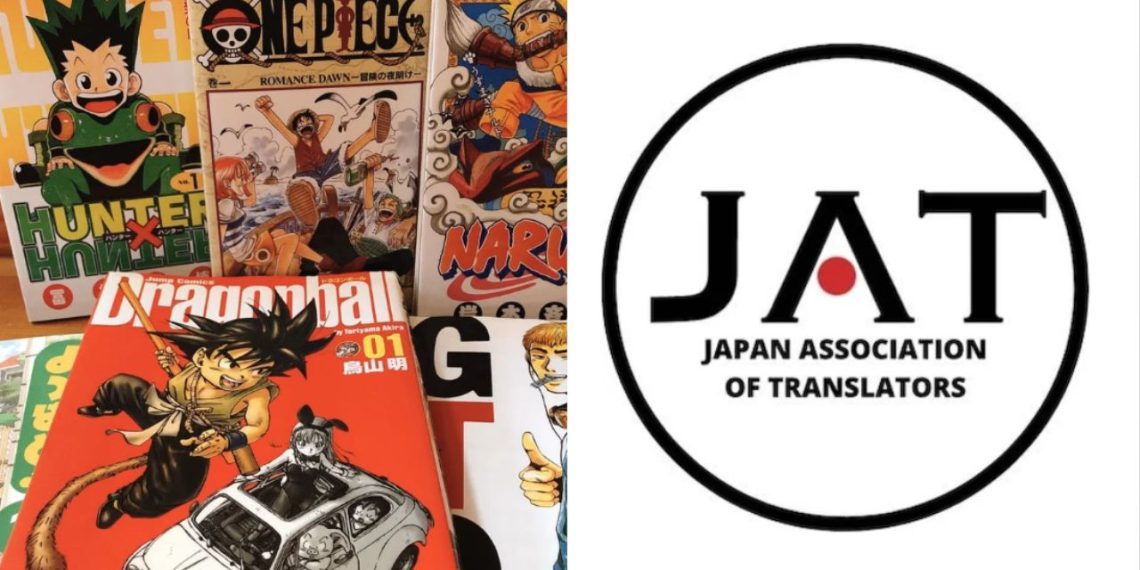The Japan Association of Translators (JAT) has voiced strong opposition to a major AI-driven project aimed at translating manga for international distribution.
They argue that AI translations fail to capture the intricate nuances and cultural context essential to the stories and characters, which are vital for maintaining the integrity of the original works.
JAT fears that over-reliance on AI for translations will result in a loss of jobs for experienced human translators who have long contributed to the field, ultimately treating these professionals as disposable in a bid to cut costs.
JAT warns that subpar AI translations could erode readers’ trust, potentially driving them toward piracy to access better-quality versions.
The association insists that the initiative, despite its cost-efficiency, is detrimental to the quality of manga translations and the preservation of cultural authenticity.
They believe the project is not aligned with the country’s best interests.
Manga Translators Push Back Against AI Takeover
The Japan Association of Translators (JAT) strongly opposes the use of AI for mass-translating manga, arguing it will harm Japan’s cultural influence and is not in the country’s best interests.
They urge all stakeholders, manga artists, publishers, the government, translators, translator organizations, and readers to engage in careful and constructive discussions to address these concerns.
Manga Translators Transition to Editorial Roles
A new initiative by the manga startup Orange, supported by major publisher Shogakukan and nine other companies, plans to use AI to translate over 50,000 manga titles in the next five years, with a $19 million investment.
This move has received mixed reactions from fans. Some are pleased with the prospect of faster releases and less biased translations, while others are concerned about AI’s frequent failures to capture nuances and human sensibilities, fearing it prioritizes cost-cutting over quality and ethics.
Professional manga translators have largely opposed the initiative, citing job insecurity and the negative impact on the quality of translations.
Many translators have already been fired and rehired as editors, even though the workload remains the same due to AI’s inaccuracies.

The swift job displacement is seen as disrespectful to the workers who have long contributed to bringing Japanese media to the global audience.
The debate over AI in manga translation is part of a larger industry-wide concern over AI’s impact on creative rights.
NAFCA has voiced strong opposition to AI’s potential to undermine copyright and creators’ intentions, emphasizing the importance of protecting the rights of artists and translators.
They argue against scenarios where those who exploit AI benefit while creators suffer. In response to growing concerns, the Freelance League of Japan (FLJ) was established in April 2024 to address issues related to creators’ moral rights, copyright in the manga and art industry, and the threat posed by AI.
The controversy over AI intensified last month when 42 million keyframes were scraped from the internet for AI-generated anime production, leading to widespread condemnation from animators.




